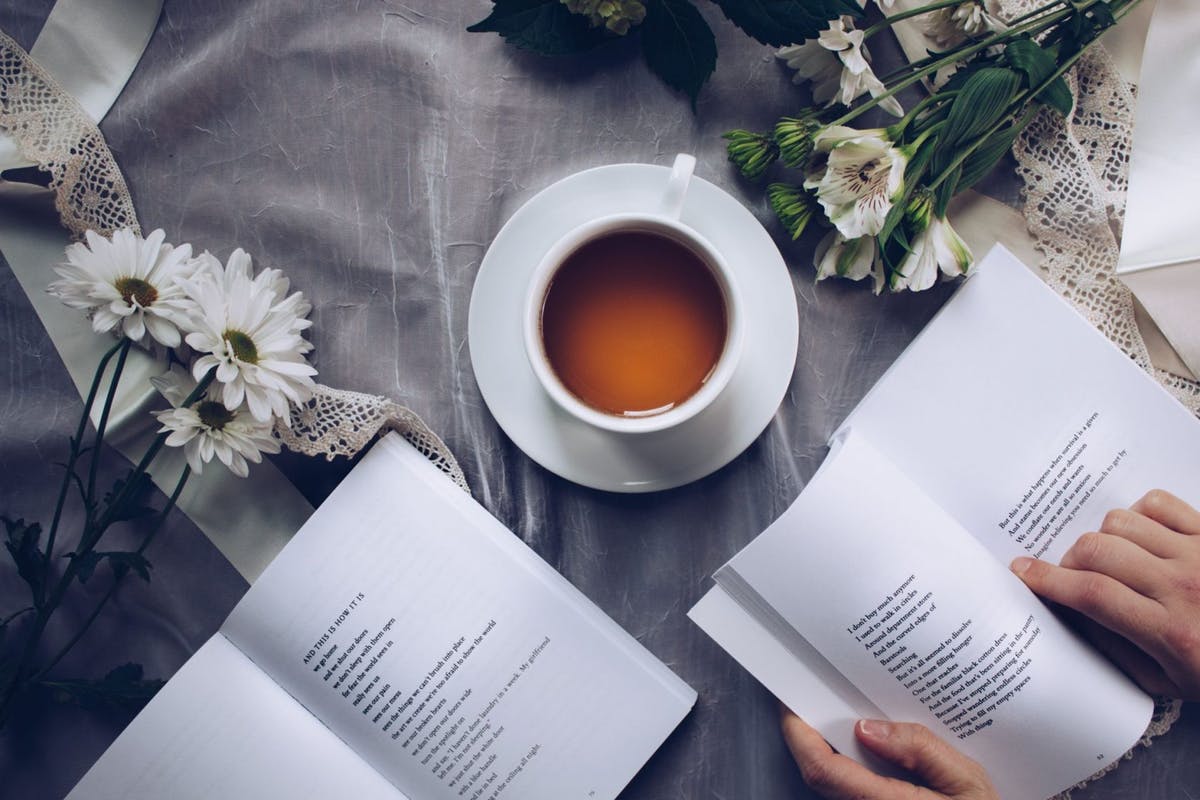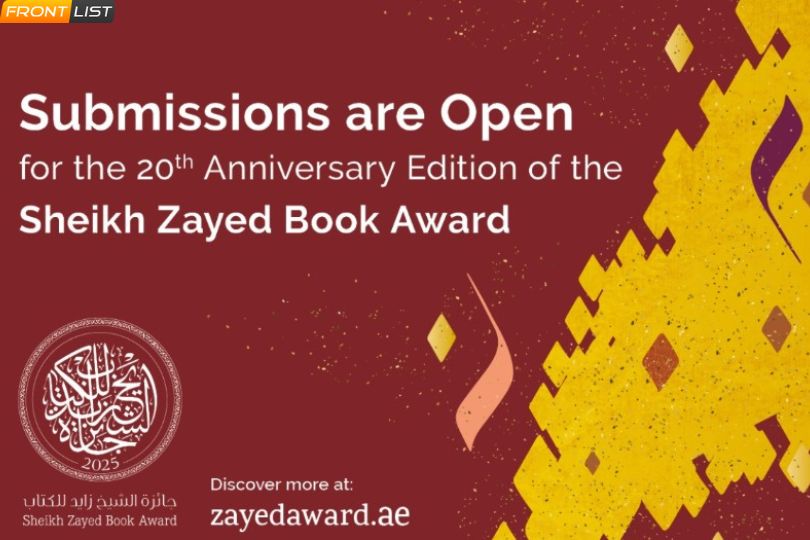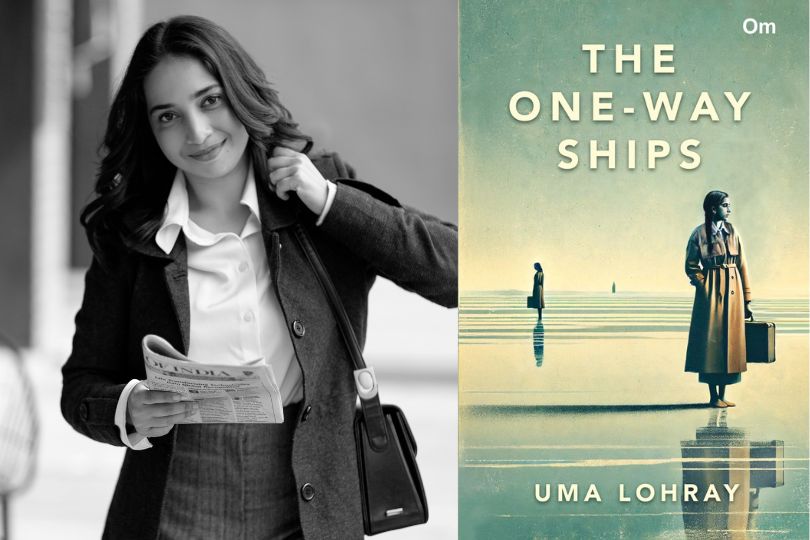Frontlist | 5 writers make the 2020 CBC Poetry Prize shortlist
Frontlist | 5 writers make the 2020 CBC Poetry Prize shortliston Nov 06, 2020

- Conversations with Niton, Have you ever fallen in love with a day by Selina Boan (Vancouver)
- alley/bird/ally by Hiromi Goto (Victoria)
- Tickling the Scar by Matthew Hollett (Montreal)
- Learning to Count by Emily Riddle (Edmonton)
- Adipose Glose by Andrea Scott (Victoria)
- How Alycia Pirmohamed wrote the poems that won the 2019 CBC Poetry Prize
Conversations with Niton, Have you ever fallen in love with a day by Selina Boan
Selina Boan is a white settler-nehiyaw writer living on the traditional, unceded territories of thexʷməθkʷəy̓əm (Musqueam), səl̓ilwətaɁɬ (Tsleil-waututh) and sḵwx̱wú7mesh (Squamish) peoples. Her debut poetry collection, Undoing Hours, is forthcoming in spring 2021. Her work has been published in The Best Canadian Poetry 2018 and 2020. She has received several honours, including the 2017 National Magazine Award for Poetry and Room Magazine's Emerging Writer Award. She is currently a poetry editor for Rahila's Ghost Press and is a member of The Growing Room Collective. Boan made the 2016 CBC Poetry Prize shortlist with her poem In six, the seasons. Why she wrote Conversations with Niton, Have you ever fallen in love with a day: These two poems reach toward the challenges, deep reverence, shame and joy that accompanies the process of my (very slow) learning of Nêhiyawêwin. These are poems about land, language, and the body. They tangle themselves up in the messy, powerful, unromantic learning process.These are poems about land, language, and the body.There is an inherent tension and violence between English and Nêhiyawêwin; I am mindful of the way my body holds both and the responsibilities I carry as a white settler-nehiyaw. In my poems, I am drawn toward the way language and naming informs identity, yields power, memory, and cultural knowledge. It can erase, it can empower. It imparts how we construct and view the worlds around us.
alley/bird/ally by Hiromi Goto
Hiromi Goto is a writer and editor who can't stop writing across genres. Her first novel, Chorus of Mushrooms, was published in 1994. Since then she's published numerous books — she is medium-old. Recently she moved from Musqueam, Squamish and Tsleil-waututh Territories to Lekwungen Territory where she can still be seen wearing her blue backpack and taking photographs of birds, trees, lizards and fungi. Her first graphic novel, Shadow Life, with artist Ann Xu, will be published in early 2021.When there is no story left, there are birds.Why she wrote alley/bird/ally: Sometimes stories fail me. Or I fail stories. Stories become impossible — to write and even to read them. But if I look out a window a bird flies across the sky. We often look for signs. Connections. Birds make possible. When there is no story left, there are birds. If a chickadee lands in your hand to select a seed, they will meet your eyes, once, before they fly away.
Tickling the Scar by Matthew Hollett
Matthew Hollett is a writer and photographer recently transplanted from St. John's to Montreal. His first book, Album Rock, was published in 2018. He won the 2017 NLCU Fresh Fish Award for Optic Nerve, a collection of not yet published poems about photography and seeing. His work has most recently appeared in Prism International and The Malahat Review. Why he wrote Tickling the Scar: During the early days of the pandemic in Montreal, I took to walking along the Lachine Canal because I live nearby and it felt spacious and safe. As spring gave way to summer, the situation in Quebec became more and more grave, and the news was full of horrific stories about what was happening in the province's long-term care homes.The pandemic felt viscerally close at hand and yet strangely distant.The pandemic felt viscerally close at hand and yet strangely distant, as I had only recently moved here and didn't know anyone directly affected. Walking the canal became a way of grappling with this abstraction, and with how quickly the world was changing.
Learning to Count by Emily Riddle
Emily Riddle is a nehiyaw iskwew and a member of the Alexander First Nation. She is a writer, researcher and library worker living in Edmonton, Treaty 6 territory. Her nonfiction work and poetry has appeared in the Globe and Mail, Teen Vogue, Canadian Art Magazine, Prism International and other publications. She has a poetry chapbook forthcoming in 2021.Being away from home let me reflect on how much Indigenous people whose territories are occupied by cities have lost and how intergenerational love has allowed us to continue with our ever-changing traditions.Why she wrote Learning to Count: I wrote this poem while I was in Denendeh (Dene territory) taking a writing class with Richard Van Camp. It was one of those lucky times when a poem pours out easily. Being away from home let me reflect on how much Indigenous people whose territories are occupied by cities have lost and how intergenerational love has allowed us to continue with our ever-changing traditions.
Adipose Glose by Andrea Scott
Andrea Scott is a writer and educator. She spent 20 years editing others' work before sitting down to write her own in 2020. Her creative nonfiction was recently included in a storytelling event hosted by The Flame, and her poetry was a finalist for the Malahat Review's 2020 Far Horizons Award for Poetry. Raised in Regina by an art-loving nurse and a poet/geologist, Andrea lives with her family in Victoria. Why she wrote Adipose Glose: The League of Canadian Poets shared Alexandra Oliver's The Lipstick Effect in its Poetry Pause in April. The poem arrived in my inbox during an early morning Zoom writing session, and Oliver's words resonated. I'd been struggling with a creative nonfiction piece about body image, resisting the temptation to tie the thing up with a bow and declare, 'It's all great. I love my body now, folks.'I told a story that seeks acceptance, but doesn't spin a body-positive fairy tale.I borrowed four of Oliver's grounding lines to structure a glose/glosa. Then, following the steady self-talk in her piece, I told a story that seeks acceptance, but doesn't spin a body-positive fairy tale.
Authors
Bestseller
Book fair 2020
Books
Coronavirus
Frontlist Article
Frontlist Book Awards News
Frontlist Book News
Frontlist Books news
Frontlist education News
Frontlist India
Frontlist Latest news
Google news
Indian author
Latest news
Poetry Award 2020
Poetry Award News
Publishers
Publishing
Writers



.jpg)






.jpg)
.png)
.jpg)


.jpg)
.jpg)
.jpg)










Sorry! No comment found for this post.